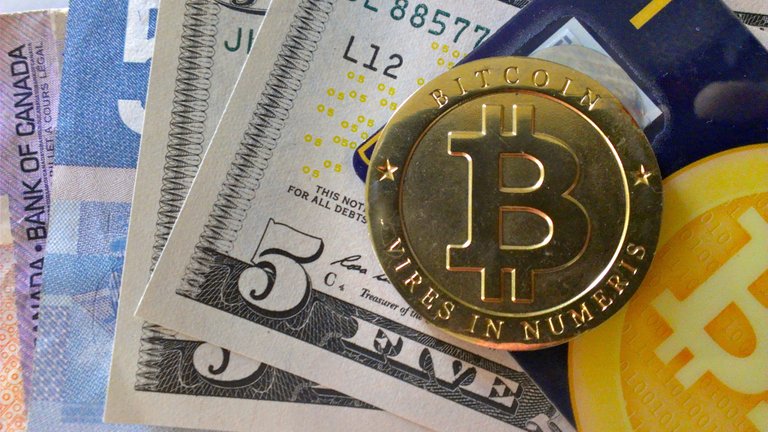The take-down of Liberty Reserve, which authorities described as a multibillion-dollar on the web dollars-laundering operation, raises the query no matter if Bitcoin could evolve into an option for cybercriminals.
The U.S. attorney's workplace in New York on Tuesday unsealed an indictment against the operators of Liberty Reserve, which offered the economic infrastructure for criminal activity ranging from credit-card fraud and identity theft to youngster pornography and narcotics trafficking. 5 of the seven defendants, such as founder Arthur Budovsky, have been in custody in Spain, Costa Rica and New York.
What created Liberty Reserve so thriving was the anonymity it supplied its customers. The company's complicated technique employed third-celebration exchangers that essentially handled the transactions and credited or debited Liberty Reserve accounts. As a outcome, Liberty Reserve collected no banking details.
>How to respond to ransomware threats
With Liberty Reserve out of business enterprise, what else could assistance anonymous transactions? The answer is decentralized on the net currency, such as Bitcoin.
The peer-to-peer digital coins themselves are absolutely nothing additional than a string of numbers. Men and women who download the open supply client obtain Bitcoins by possessing their computer systems compete to resolve complicated mathematical challenges. The winner gets the virtual money.
Bitcoin customers are assigned a quantity that gives anonymity in transactions. The currency can be made use of in a quantity of on the net marketplaces, and persons who want to trade Bitcoins for money can do so utilizing a number of exchanges. The most well known is Japan-primarily based Mt. Gox, which processes about 80% of exchange transactions.
Bitcoin is currently utilised by cybercriminals currently. A black market place drug web-site referred to as Silk Road accepts Bitcoins in promoting illegal drugs such as heroin, cocaine, marijuana and a wide assortment of tablets.
Even though Bitcoins is beneficial in Silk Road's somewhat little transactions, the digital currency falls brief currently on supporting the big criminal operations as soon as handled by Liberty Reserve. For instance, the latter enterprise was applied in transferring revenue in the current looting of $45 million from banking machines in 27 nations.
A big issue with Bitcoin for substantial criminal operations is the wide fluctuation in the currency's worth. For instance, in April a Bitcoin went from $266 to as low as $105, due to an influx of new purchasers and computer software that could not retain up.
"Huge time criminals are businessmen, so they want to guard their investments, defend their income, and Bitcoin is also unstable to do that," mentioned Alphonse Pascual, an analyst for Javelin Method and Study.
Silk Road has gotten about this difficulty by supplying a hedging service in which the underground on-line industry covers any loses, although maintaining any gains in worth. Such a program is unlikely to operate a significant criminal enterprise.
From the criminal point of view, an additional trouble with Bitcoin is its higher profile. How the currency functions and the exchanges made use of are effectively identified to government regulators and law enforcement.
In April, the Division of Homeland Safety seized the accounts of Bitcoin exchanger Mutum Sigillum LCC, a subsidiary of Mt. Gox. A warrant utilized in the seizure mentioned the subsidiary was operating an unlicensed revenue service in violation of U.S. law.
Regardless of whether cybercriminals can obtain a way to make Bitcoin additional beneficial remains to be observed. But in the quick term, it is unlikely to fill the void left by Liberty Reserve.
"It might take up some of the targeted traffic that Liberty Reserve was handling, but I do not visualize it will be extremely a great deal," Pascual mentioned.
